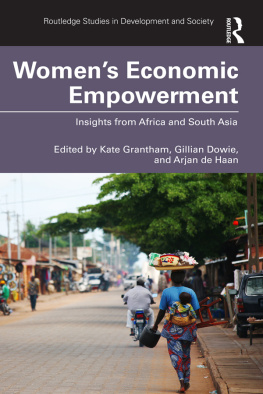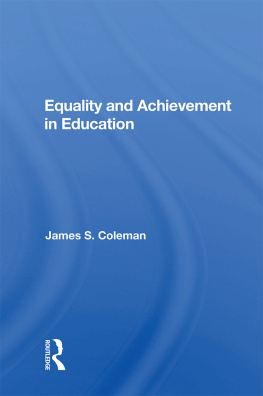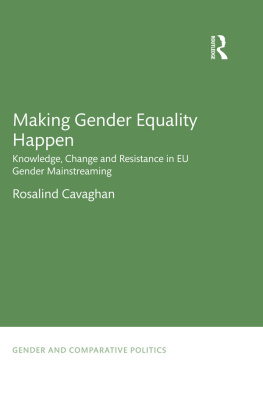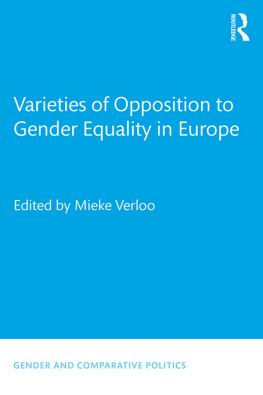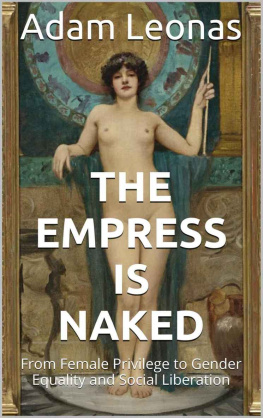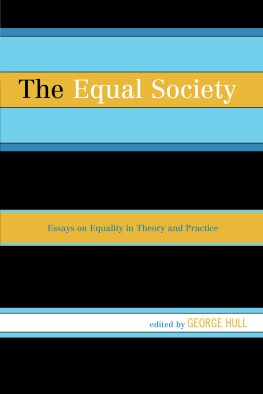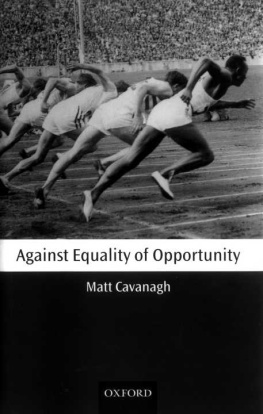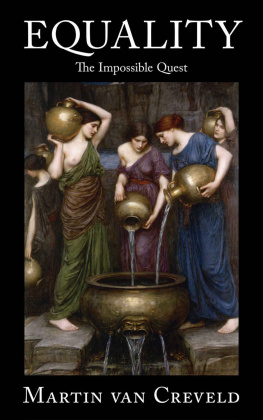WORK, LOVE, AND LEARNING IN UTOPIA
Work, Love, and Learning in Utopia breathes new life into the age-old human preoccupation with how to create a happier society. With a fascinating mix of research from cross-cultural psychology, macro history, and evolutionary biology, the book gives new credibility to the advocacy of radical equality.
The author, a psychological anthropologist, argues that the negative emotions of sadness, anger, and fear evolved in tandem with hierarchy, while happiness evolved separately and in connection to prosociality and compassion. The book covers a wide range of human concerns, from economics and education, to media and communication, to gender and sexuality. It breaks new boundaries with its scope, arguing that equality of love is as important and possible as is economic equality. Its argument is provocative yet practical, and each chapter ends with concrete proposals that invite dialogue with any student of policy.
Written in an easily accessible style, this book will appeal to anyone who has ever puzzled over how our social world could be remade. In particular, it will be very useful to students and scholars of anthropology, sociology, and psychology.
Martin Schoenhals is an Anthropologist and Traveling Faculty for the School for International Training, USA. He has previously taught at Columbia University, Johns Hopkins University, and the University of Pennsylvania, and is the author of The Paradox of Power (1993) and Intimate Exclusion (2003).
What makes this Work, Love, and Learning in Utopia: Equality Reimagined such an engaging work is that it demonstrates the social nature of humanity and the importance of interdependency in realising equality in a new utopia. Using anthropological evidence, Schoenhals shows how mutual care and cooperation are what have made human life sustainable, meaningful, and purposeful for hundreds of years. By undermining hierarchy, invidious competition, and a narrow means-end logic, mutual care and love help produce the social conditions for making equality a reality in economic, social, personal, and political life. The book is not only an anthropological text however; it is also a moral one; it demonstrates how mutual care and concern for others is the real essence of morality.
Professor Kathleen Lynch, University College Dublin
Utilizing his past research in China on education, class, gender, and ethnicity, as well as his broad knowledge of classic anthropology and theory, Martin Schoenhals invites us to question our present way of doing things and to consider alternative public policies, as well as social and cultural frameworks, that could lay the foundation for a happier and more just future.
Professor Ellen Oxfeld, Middlebury College
Professor Martin Schoenhals raises interesting and thought-provoking questions about the role of happiness and human interaction as important drivers of human evolution. His work connects different bodies of scholarship including anthropology, psychology, biology, and politics, into a powerful argument for thinking seriously about positive emotions, equality, and meaningful human interactions as key elements for both descriptive and prescriptive analysis of human existence.
Dr Doron Shultziner, Hadassah Academic College
Faced with insecurity and catastrophe in our neoliberal world, the best human response we can imagine seems to be resilience, the capacity to survive and recover quickly from inevitable crises and traumas. Martin Schoenhals refuses to accept this individualized answer by courageously returning to the notion of human utopia. Contrary to previous studies of utopia, however, he focuses on material as well as relational conditions for the maximization of interactive joy. He shows how human hierarchies and inequalities harm all of us, preventing people at the top and bottom from experiencing the pleasure of pleasing others, and from mutually nurturing ourselves and fellow human beings. Work, Love, and Learning in Utopia not only considers the evolution of hierarchies in the past and present, but also offers concrete suggestions for encouraging interactive forms of joy, happiness, and love. If you seek meaningful hopenot just coping strategiesin these dark times, this book is for you!
Professor Sean Chabot, Eastern Washington University
First published 2019
by Routledge
2 Park Square, Milton Park, Abingdon, Oxon OX14 4RN
and by Routledge
52 Vanderbilt Avenue, New York, NY 10017
Routledge is an imprint of the Taylor & Francis Group, an informa business
2019 Martin Schoenhals
The right of Martin Schoenhals to be identified as author of this work has been asserted by him in accordance with sections 77 and 78 of the Copyright, Designs and Patents Act 1988.
All rights reserved. No part of this book may be reprinted or reproduced or utilized in any form or by any electronic, mechanical, or other means, now known or hereafter invented, including photocopying and recording, or in any information storage or retrieval system, without permission in writing from the publishers.
Trademark notice: Product or corporate names may be trademarks or registered trademarks, and are used only for identification and explanation without intent to infringe.
British Library Cataloguing-in-Publication Data
A catalogue record for this book is available from the British Library
Library of Congress Cataloging-in-Publication Data
Names: Schoenhals, Martin, 1961 author.
Title: Work, love, and learning in utopia : equality reimagined / Martin Schoenhals.
Description: Abingdon, Oxon ; New York, NY : Routledge, 2019. |
Includes bibliographical references and index.
Identifiers: LCCN 2018041672 | ISBN 9781138549494 (hbk) |
ISBN 9781138549517 (pbk) | ISBN 9781351000314 (ebk) |
ISBN 9781351000284 (mobipocket encrypted) |
xISBN 9781351000307 (Adobe) | ISBN 9781351000291 (epub)
Subjects: LCSH: Equality. | Social change. | Ethnopsychology.
Classification: LCC HM821 .S2425 2019 | DDC 305dc23
LC record available at https://lccn.loc.gov/2018041672
ISBN: 9781138549494 (hbk)
ISBN: 9781138549517 (pbk)
ISBN: 9781351000314 (ebk)
Typeset in Bembo by
Out of House Publishing
Contacting me
As this book makes clear, community and interaction are central to human happiness. One motive for writing this book has been my own desire for more connection with like-minded people. Therefore, Id love to hear from you.
Email me at mdsnewyork@gmail.com. I will try my best to reply to all messages.
About the book
This book responds to my longstanding desire to do more than report objective problems about society. While it is important to describe societal ills, it is, I believe, not enough to limit ones work to such descriptions. Doing so makes social scientists into voyeurs of human misery. We can, and should, do more. Imagining a better world is a key human capacity. Scholars should embrace such imaginings.


